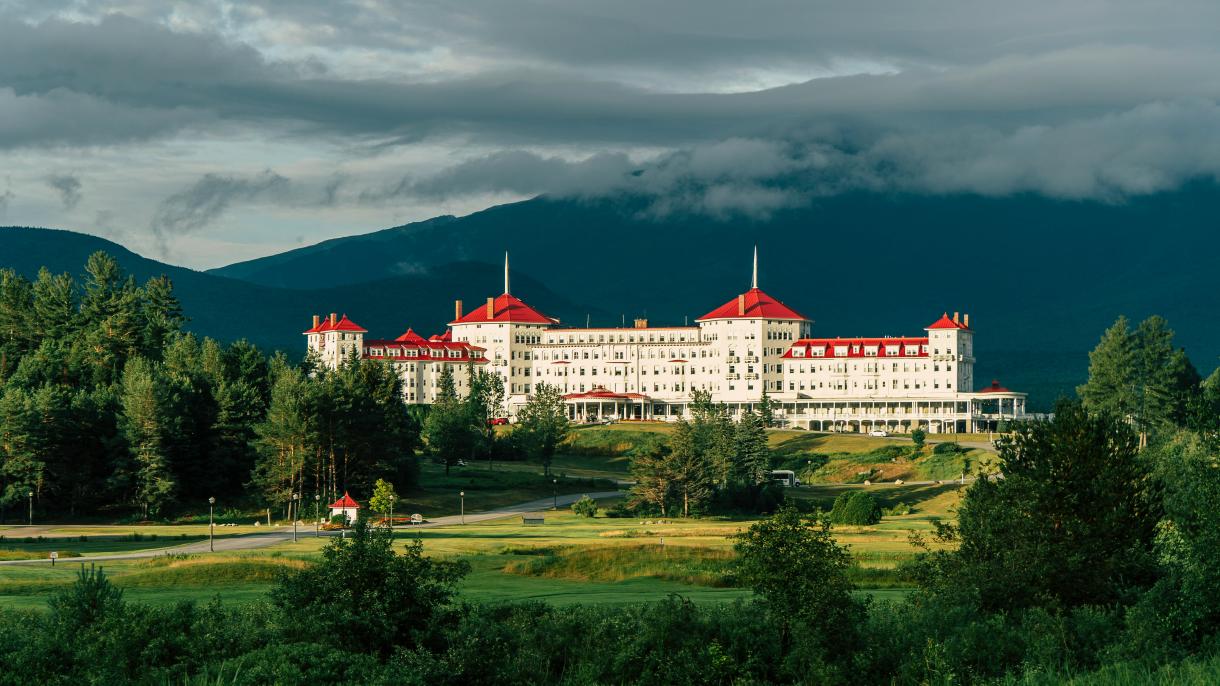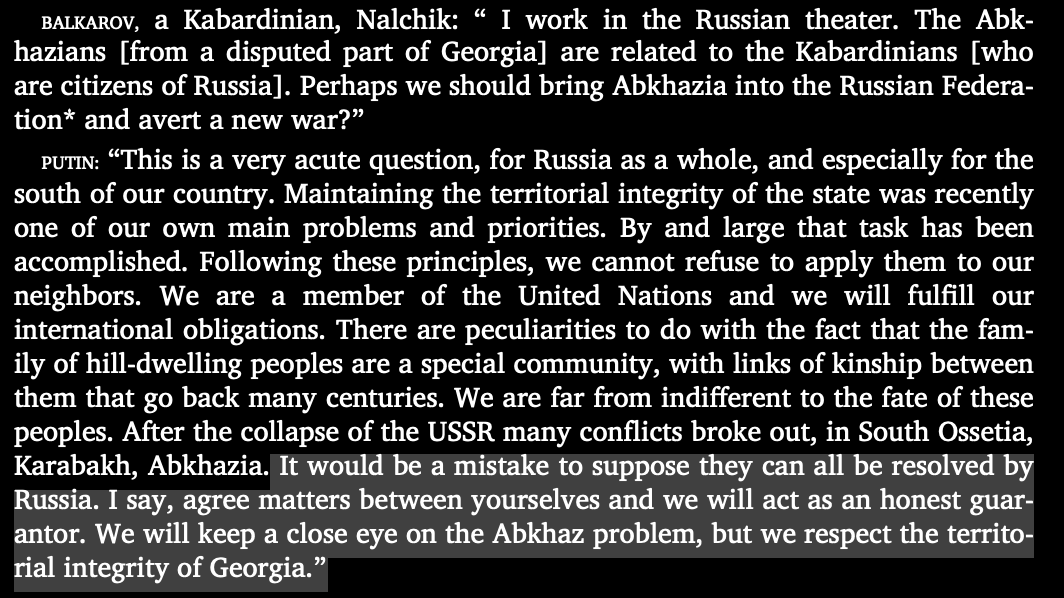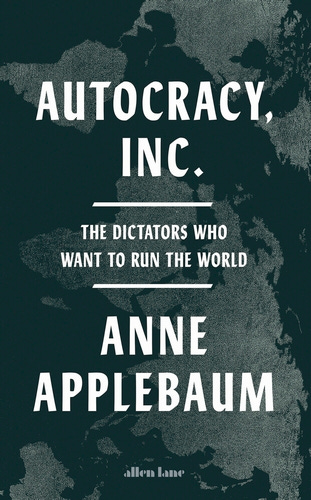The Ukrainian Peace Summit that took place in Switzerland last weekend was the first gathering of world leaders dedicated to ending Russia's war against Ukraine.
Russia and China made great efforts to prevent the Summit from taking place and tried to make sure it was attended by a small number of participants.
But the Peace Summit was truly unprecedented in scale - it physically brought together representatives of more than 90 countries, including 56 heads of state and government. This is an extraordinary number. It required some serious diplomatic work.
The Summit demonstrated strong support for Ukraine from Western countries. However, the event did not unite the world in support of Ukraine and did not provide specific answers on how to end the war, as expected.
Presence did not mean support for all countries. And some countries chose a wait-and-see strategy.
The main outcome of the Peace Summit is in the opportunities it generates. The presence of such a large number of countries confirmed that the Summit's agenda is of interest not only to Ukraine.
According to military expert Oleksii Kopytko, the main content and background at the event centered around:
◾️ "food" (guarantees of freedom of ship navigation)
and
◾️ "nuclear safety" (new rules of nuclear weapons proliferation).
First, as early as 2021, the Ukrainian side publicly drew the attention of its partners that Russia was destroying the very idea of freedom of ship navigation in the Black Sea and the Sea of Azov. Russia continues to try to redefine borders starting from the seas - e.g., their recent attempt in the Baltic Sea. And if it is possible for some in one part of the world, it will be possible for others - which is already clearly proved by the Houthis.
If the violator is not punished, chaos in sea communications will become the new norm. Development of drone technologies makes the entry point into the process much cheaper for all sorts of evil-doers. Aircraft carriers can't always solve this problem.
Second, Ukraine voluntarily gave up its nuclear arsenal in exchange for promises. The lack of security guarantees made many countries think hard.
Russia's full-scale aggression has maximized the demand for possession of their own nuclear weapons among all those who hesitated previously. No one will be convinced anymore that there are any "guarantees." And Russia, finding itself in a strategic deadlock, has also started to play this card.
In February, Russia hinted that it was ready to give away nuclear weapons to its "friends." To reinforce the thesis, it did so in Belarus, which Russia controls.
The Kremlin is trying to present BRICS as an entity with nuclear weapons "for those who are on our team." Europe, of course, is extremely concerned about this.
Against the background of all this, many people on the planet have a question for global powers: "Fellow leaders, either fulfill your duties and deal with this mess, or there will be trouble."
There are two "deal with the mess" options on the table:
1. Appeasing the aggressor.
🔹️Pro: the easy way out, the costs fall mainly on the victim of the aggression, all the risks are postponed for the future.
🔹️Con: No insurance against further aggression, open-door policy for all dictators, more and more countries will obtain their own nuclear weapons.
2. Making sure the aggressor loses and making that a precedent.
🔹️Pro: global security is restored.
🔹️Con: requires a lot of hard work.
Doing nothing is not an option. The fire may become uncontrollable.
Ukraine is the point where all this can be solved so that it does not have to be solved later everywhere else.
Even those who did not sign the final document at the Summit (and those who were not present) clearly understand the price of the issue. This really is not about Kherson and Zaporizhzhia regions. This is their lives. And the Summit clearly showed that.
From Anton Geraschenko
Kyiv, June 18, 2024








